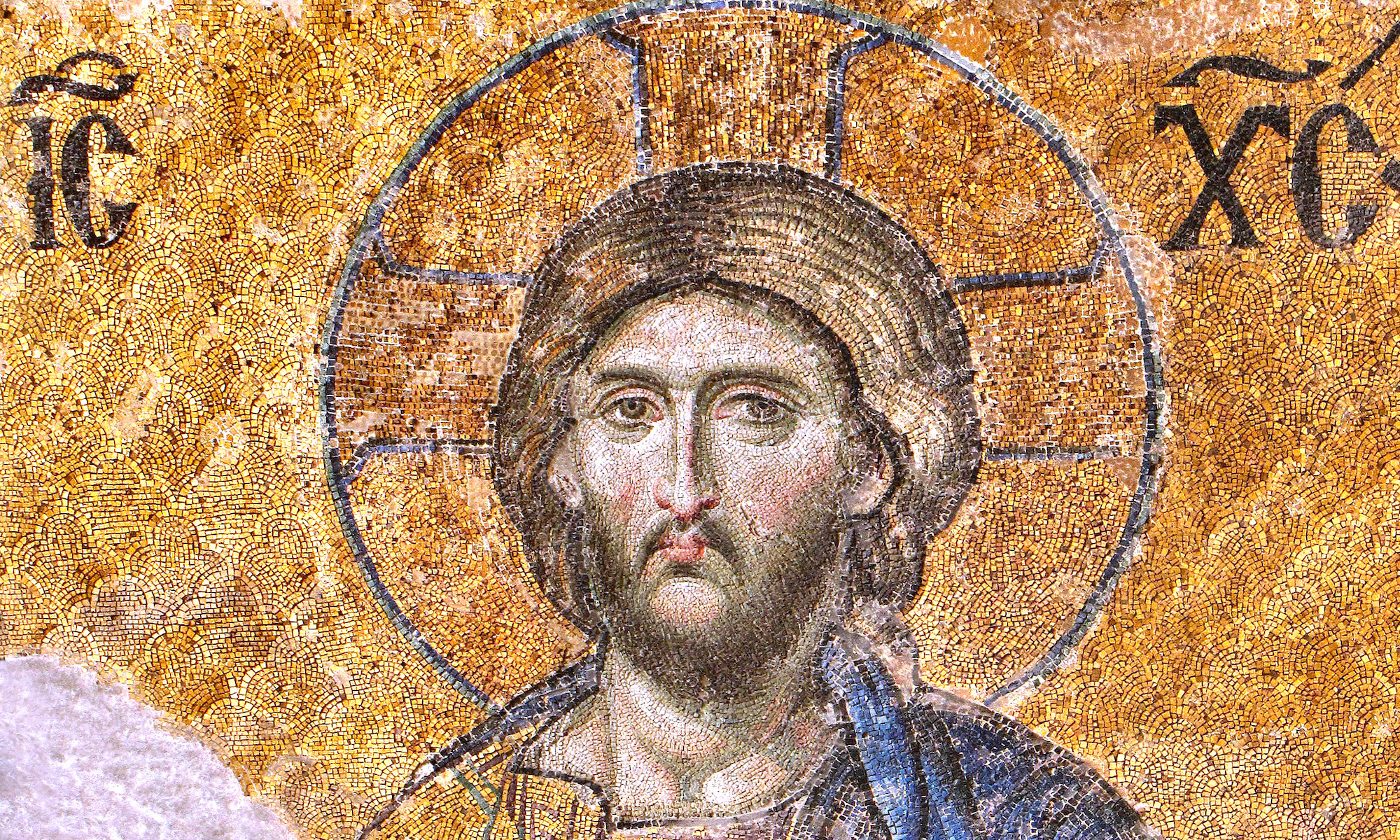We continue our preparation for Great Lent by examining the significance of prostrations and considering how we may prostrate ourselves with the Publican
Podcast: Play in new window | Download
Subscribe: RSS

The English-language Orthodox Church in Vancouver, BC
We continue our preparation for Great Lent by examining the significance of prostrations and considering how we may prostrate ourselves with the Publican
Podcast: Play in new window | Download
Subscribe: RSS
We begin our preparation for Great Lent by considering how we can become children of Abraham with Zacchaeus
Podcast: Play in new window | Download
Subscribe: RSS
Reflections on how and why we spread the Gospel as seen in the life of our patron, St. Nina, Enlightener of Georgia, in honour of her feast-day
Podcast: Play in new window | Download
Subscribe: RSS
Everything is limited
Except God,
Except now God too
Has limited Himself.
Today the transcendent One
Is ultimately dependent, in His humanity
For food, for warmth, for shelter
Upon His mother.
As God, He continues to sustain the universe;
As one of us, He waits.
Hungry, He waits upon His mother
To awake.
Helpless, He waits upon His body
To mature.
Human, He waits upon His disciples
To be one,
That we, growing up into Him,
Knit together in love,
United by His Spirit,
May accomplish the work
That He waits to achieve in us, through us
His body.
And so He lies, waiting,
Hungry for the first time,
In a manger.
Embodied for all time
In us,
That we might be
His hands, His feet,
His glory.